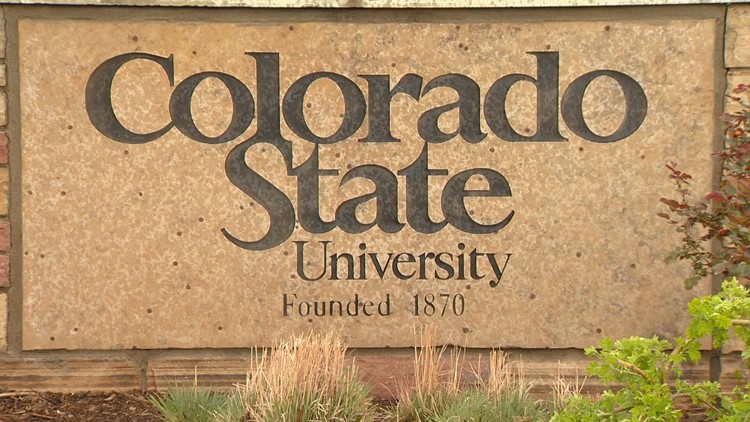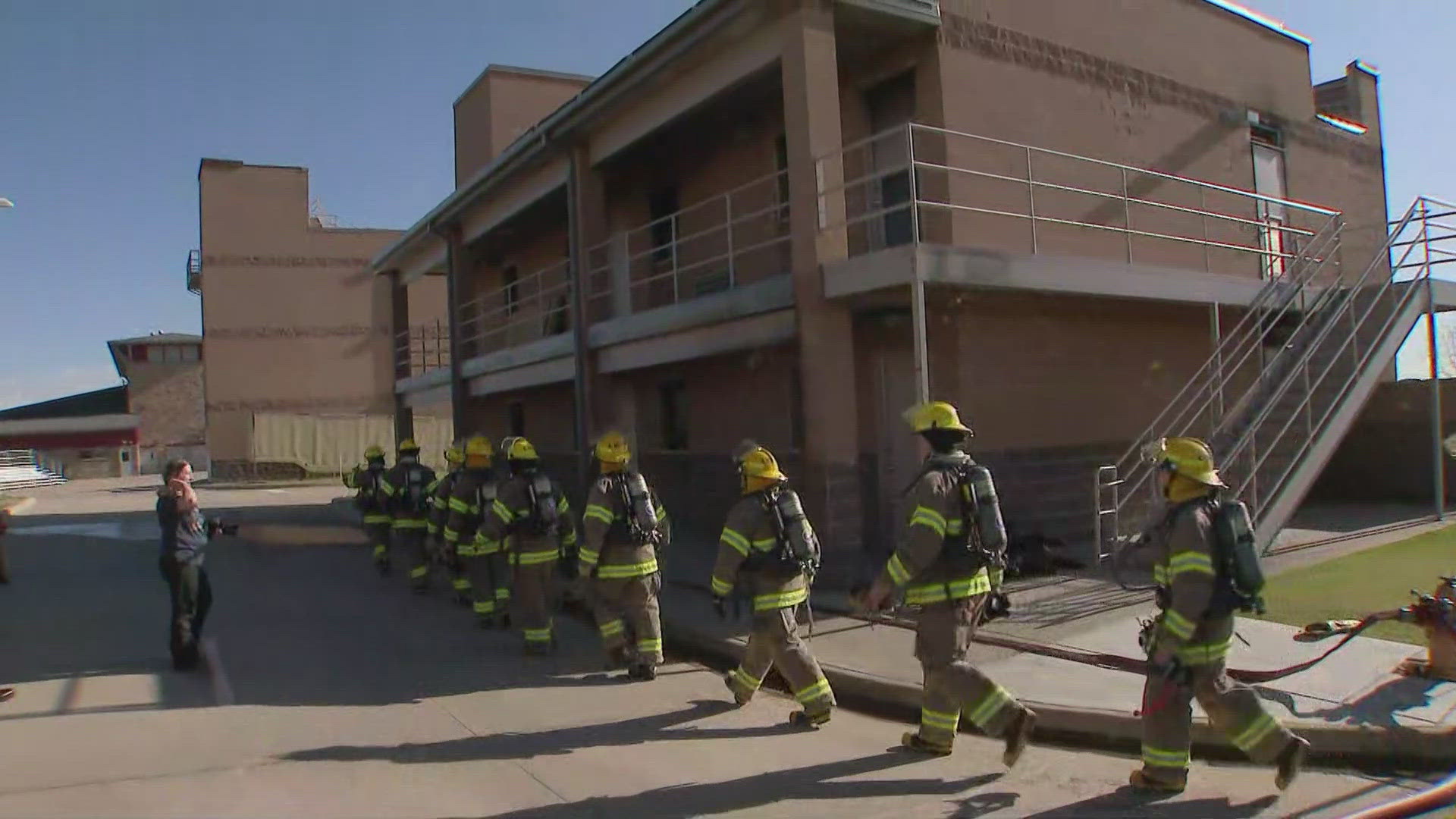FORT COLLINS, Colo. —
A Colorado State University professor who was conducting research about the West Nile Virus was issued a citation for illegal possession of five crows, a release from Colorado Parks and Wildlife (CPW) said.
Dr. Gregory Ebel, a professor in CSU's Department of Microbiology, Immunology, and Pathology, was also fined $208. He received a warning for the 32 other crows he had in his possession that were being used for a study on West Nile Virus.
Dr. Ebel did not apply for a scientific collection permit with the state to possess animals in 2018. However during that year, he had collected 37 crows from the wild to be used in his study, the CPW release said.
The CSU study looked at how the virus interacts with the birds that host the virus and spread it to other animals and humans.
Two permits are required to collect wild birds; one federal permit and one state permit, CSU said in a statement.
The annual federal permit was current during in 2018 , but due to a clerical error there was an inadvertent lapse in the annual state permit during the time birds were collected in 2018, CSU said.
Prior to 2018, Dr. Ebel had both permits for collection dating back to 2013, according to CSU.
Dr. Ebel was issued a collection license from the state in 2019, but that was suspended earlier this month based on the results of this investigation.
“Upon investigation, this case appears to be one of an administrative oversight, not an intentional violation,” said Area Wildlife Manager Ty Petersburg. “We are supportive of the academic research Colorado State is conducting with this human health and safety project.
“Given the violations that did take place, a citation was issued for the wrongdoing. Rules and regulations must be followed, but we will continue to work with CSU faculty to obtain the proper permit to allow this important research to continue.”
Scientific collection licenses are issued to individuals, not to groups or research sections. Thus, another CSU faculty member could apply for a permit to allow this research project to continue.
SUGGESTED VIDEOS | Local stories from 9NEWS



